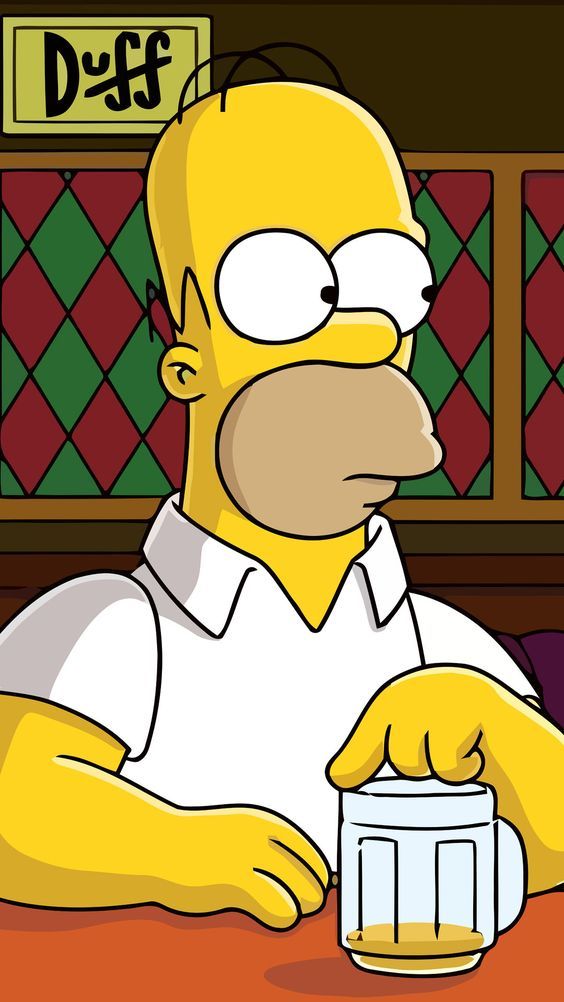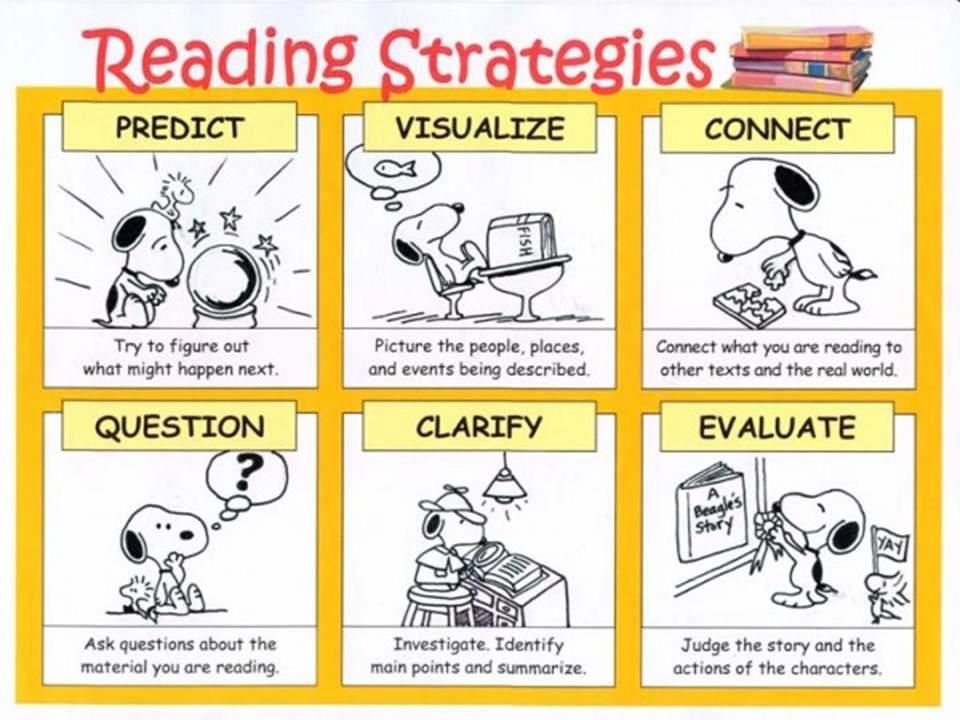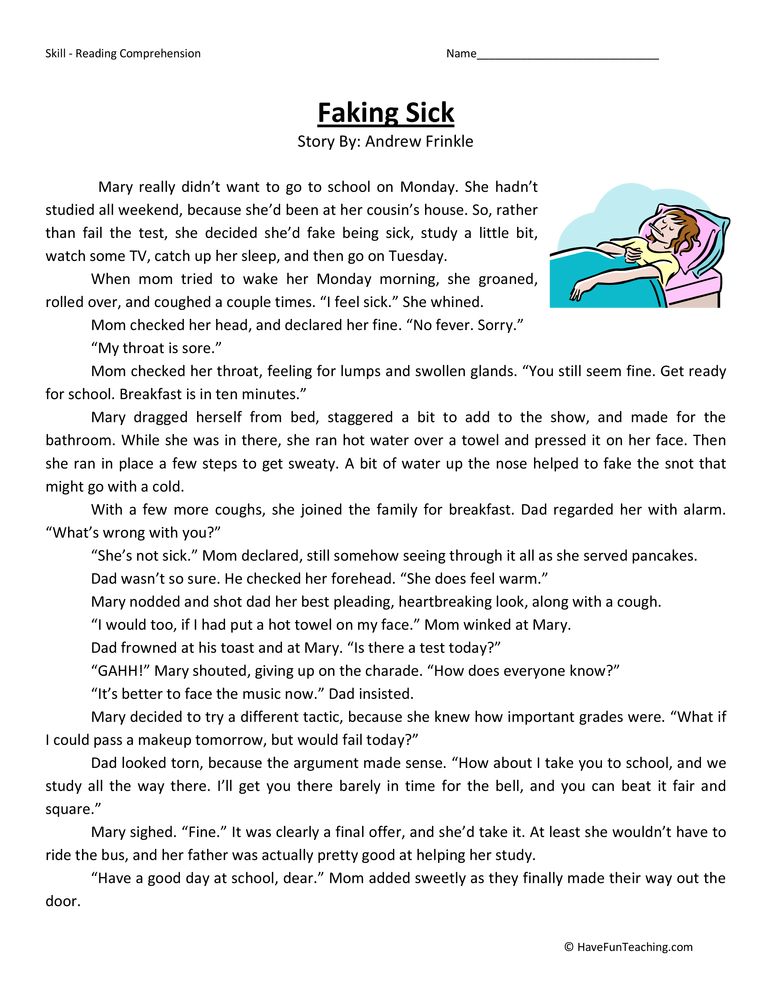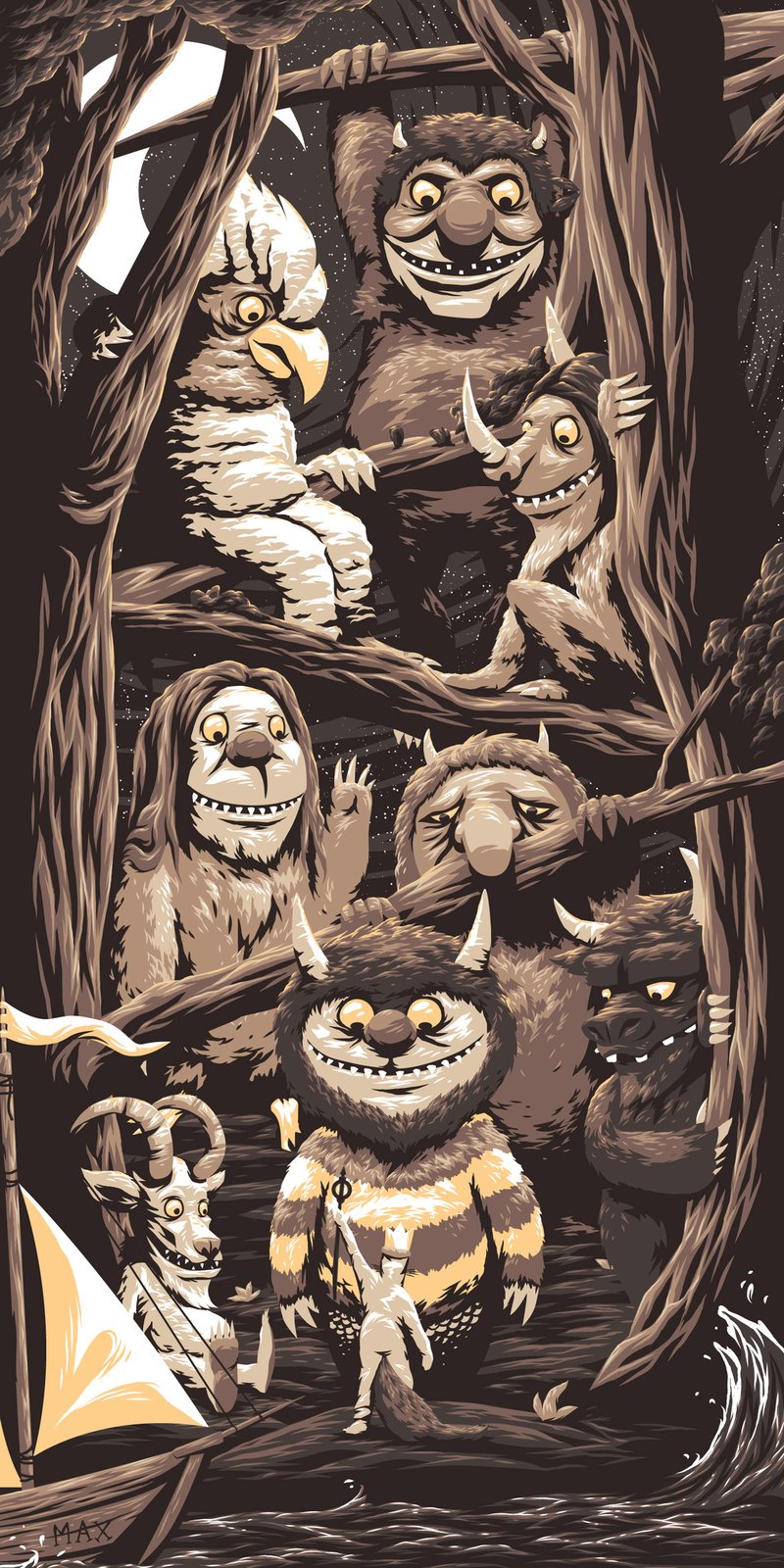Homer & langley
Homer and Langley by EL Doctorow | Fiction
"I'm Homer, the blind brother. I didn't lose my sight all at once, it was like the movies, a slow fade-out." So begins EL Doctorow's Homer and Langley, an elegiac, burnished jewel of a novel based on the macabre true story of the Collyer brothers. The Collyers were rich, reclusive bachelors who lived together in New York, compulsively hoarding junk on a gargantuan scale; they were found buried under their own debris in 1947.
One of America's greatest living writers, Doctorow transforms this lurid tale into a metaphor for the American 20th century. The result, as Homer intimates, is like the movies: a montage of historical events runs behind the increasingly withdrawn brothers like the rear-projected background in a Hollywood film, from the First World War all the way up to the Jonestown massacre of 1978 and the rape and murder of American nuns in El Salvador in 1980. Homer and Langley don't so much drift in and out of American history as let American history drift past them.
The story begins during the Gilded Age, as Homer recalls waving goodbye to his wealthy parents as they embark for annual trips to Europe. There, they collect crates of relics; the deranged acquisitiveness to come is not without its familial origins. Homer, the blind brother, is also the blind bard, the musician-artist who'll chronicle the brothers' strange, sad lives.
One epochal event rapidly succeeds another, as Homer sits quietly at home, musing and playing the piano: Langley is shipped off to the First World War and returns mustard-gassed and embittered, if not neurasthenic, the condition that the philosopher William James referred to as "Americanitis". Their parents succumb to the Spanish flu epidemic in 1918 and soon Langley's uncontrolled stockpiling begins. Langley begins by collecting newspapers, driven by a manic need to catalogue the news. He intends to collate all newspapers in order "to fix American life finally in one edition, what he called Collyer's eternally current dateless newspaper, the only newspaper anyone would ever need".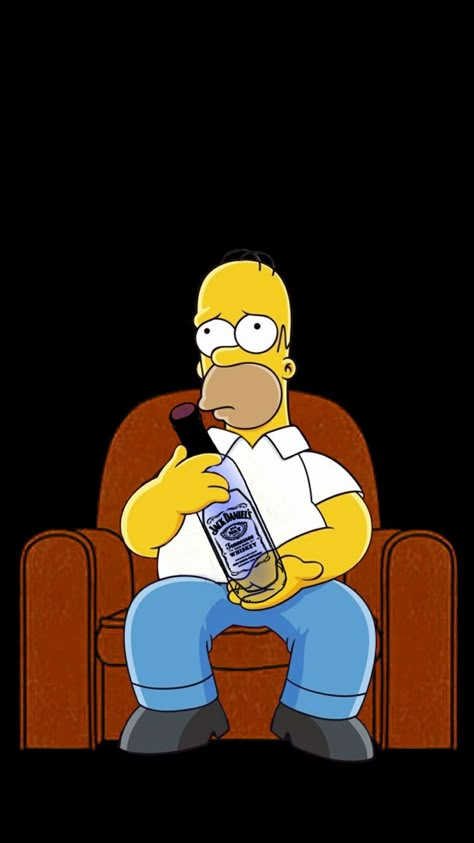
But this is just the beginning of Langley's pathological hoarding. Before long, he has rebuilt a Model T Ford in the dining room. By the end of their lives, the house is a "labyrinth of hazardous pathways, full of obstructions and many dead ends". A satire on the hoarding impulse, this is also an image of history itself, a labyrinth of detritus and information, all waiting to be found meaningful.
The brothers are not always so reclusive. In the 1920s, they drink in speakeasies and mingle with gangsters; during the Depression, they throw "tea dances"; during the Second World War, their servants, Japanese Americans, are sent to an internment camp. Once these friends leave, the brothers become increasingly isolated and Langley grows paranoid. They retreat further into their world, boarding up the door and windows, refusing to pay the mortgage or utility bills as Langley tries to fight what he sees as an increasingly totalitarian state: "We're not free if at someone else's sufferance" is his refrain.
Presidents are assassinated and what Langley calls his "Theory of Replacements" starts to take hold: each event is singular until it is repeated, as inevitably it will be. Wandering past an anti-Vietnam rally one day, the brothers encounter a group of hippies who crash with them for a while – their last encounter with society. Doctorow has the hippies leave during the great New York blackout, which happened in 1977; but when the lights go out, they go out for good. Langley's refusal to pay the bills means they have no electricity, water, or heat; Homer begins to withdraw into his own consciousness as deafness renders his isolation complete. Eventually, typing his story is the only medium of communication left to him, "with only the touch of my brother's hand to know that I am not alone".
At the end of his tale, Doctorow less builds to a climax than simply pushes us off a cliff, in final sentences of indelible sadness and fright. Homer comes to see their house as the demented museum it is, "although with our riches as yet uncatalogued, the curating still to come". The curating is, in effect, what Doctorow is offering: finding meaning amid the mess in the classic artistic impulse to create order from chaos. The cleverness of Doctorow's tactic is to let his story contract, rather than expand: this is a miniature epic of American derangement, the madness of our materialism, our sentimentality about our nation, our futile resistances and a haunting image of being buried alive under our own detritus.
The curating is, in effect, what Doctorow is offering: finding meaning amid the mess in the classic artistic impulse to create order from chaos. The cleverness of Doctorow's tactic is to let his story contract, rather than expand: this is a miniature epic of American derangement, the madness of our materialism, our sentimentality about our nation, our futile resistances and a haunting image of being buried alive under our own detritus.
Sarah Churchwell is senior lecturer in American literature at the University of East Anglia
Literature Study Guides & Summaries
Thanks for exploring this SuperSummary Plot Summary of “Homer & Langley” by E. L. Doctorow. A modern alternative to SparkNotes and CliffsNotes, SuperSummary offers high-quality study guides that feature detailed chapter summaries and analysis of major themes, characters, quotes, and essay topics.
E. L. Doctorow’s novel Homer & Langley is based on the true story of two reclusive brothers, the Collyers, living in Manhattan in the middle of the twentieth century. Doctorow takes the story of the brothers, who were found dead in their 5th Avenue apartment among mountains of newspapers and debris, and weaves in the history of the early twentieth century, including war, political and social change, and advancements in technology.
Doctorow takes the story of the brothers, who were found dead in their 5th Avenue apartment among mountains of newspapers and debris, and weaves in the history of the early twentieth century, including war, political and social change, and advancements in technology.
As the book opens, Homer, the blind Collyer brother, introduces himself. He narrates the story, which follows the boys' childhood until their eventual death together, in their crowded flat on 5th Avenue in Manhattan. Doctorow begins the novel with a creepy scene in which Homer describes his blindness not as a sudden loss, but as the gradual darkening of his world. He looks out from his balcony over the city, and parts of the distant skyline disappear, and then closer buildings, and finally Central Park below, including the small bodies of ice skaters slipping back and forth. Doctorow relates Homer's blindness to the blindness and prophecy of the famous Greek poet Homer, and from that day forward, Homer believes he has the ability to see the future.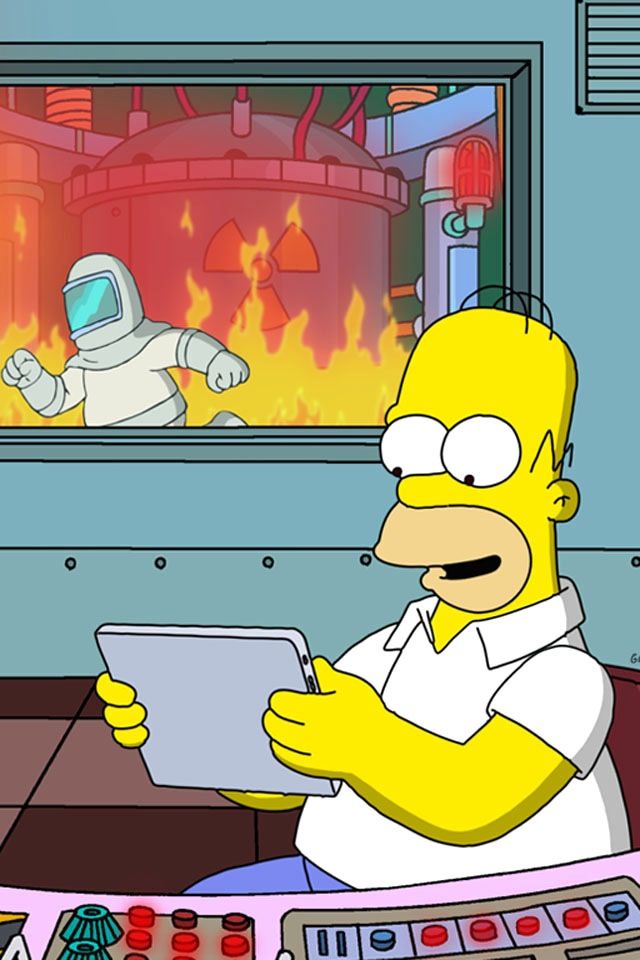
Homer begins to tell the story of the strange, and often deeply tragic lives of the Collyer brothers. A child in the Gilded Age, he watched as his parents left him and his brother behind on the dock with a nanny. They were wealthy and taking their annual vacation to Europe. The boys stayed behind, cared for by loving family in a mansion in Manhattan.
The boys grow up – Homer begins to play the piano and sits at home, mostly, while his brother is shipped off to fight in World War I. When Langley returns, he is sick from the war – he was gassed, and might have developed neurasthenia, a disease of the brain that can lead to manic behavior and a lack of control over desires and senses. In 1918, just after Langley returns, Homer and Langley's parents die of Spanish Influenza, and the boys inherit the mansion and the entire family fortune. This is when the true eccentricities of the brothers begin to shine: Langley begins hoarding, collecting every object, particularly newspapers.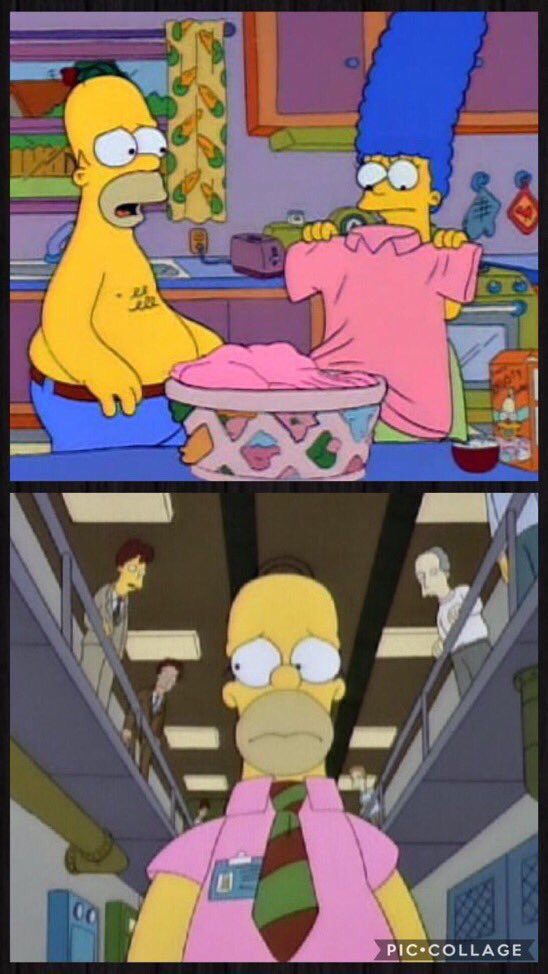 Langley has a desire to combine every newspaper into an eternal, dateless newspaper – a newspaper that would tell the future, giving the state of every aspect of the world.
Langley has a desire to combine every newspaper into an eternal, dateless newspaper – a newspaper that would tell the future, giving the state of every aspect of the world.
During their younger years, as Langley continues his hoarding, the brothers socialize a bit. They go to speakeasies in the 1920s and meet up with gangsters. They throw “tea dances” during the Great Depression, one of which is raided by the police. Homer, who is blind and does not see the officers, is knocked out cold by a baton before Langley can explain the situation. The brothers experience World War II through the eyes of their Japanese servants, who are sent to internment camps. Later, they watch the moon landing and invite hippies from a Vietnam War protest into their home. Eventually, Langley becomes so manic and wild that he builds a Model T in their living room, the house becomes a disaster of pillars of newspaper and junk, and the brothers don't have heat, electricity, or water because they refuse to pay the bills.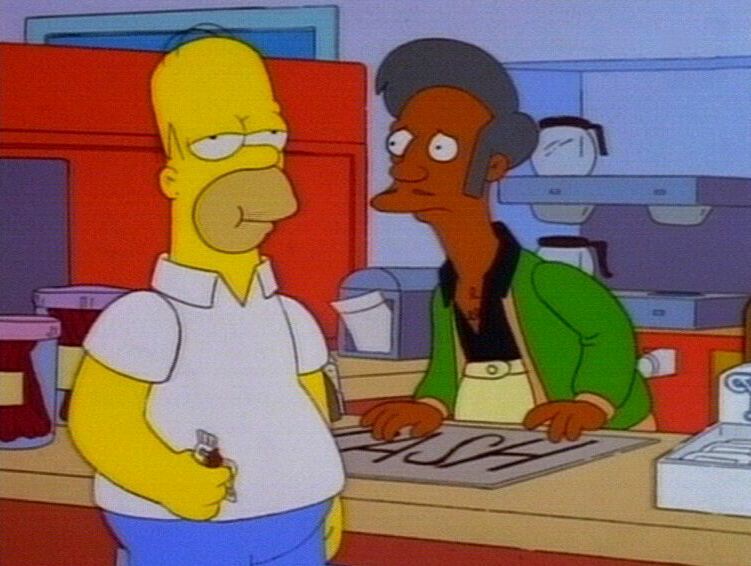
This final, chaotic moment brings the story to its end, as the brothers spend their last years in isolation; Homer, blind and eventually also deaf, forced to trust his increasingly manic brother, the only guide he has ever known. Rather than focus on the moment of their death, as so many have, Doctorow focuses more on how the brothers lived – what inspired them, why they did what they did, and who they were to each other.
E. L. Doctorow was a best-selling novelist known for his works of historical fiction. His most prominent works include Ragtime, The Book of Daniel, World's Fair, Homer & Langley, and others. Doctorow was the winner of the National Book Critics Circle Award three times over and received a Gold Medal for Fiction from the American Academy for Arts and Letters. He also won a Library of Congress Prize and multiple PEN Awards. An esteemed professor of English, he died in 2015 in his home city of New York.
Edgar L. Doctorow "Homer and Langley"
Human life is full of paradoxes.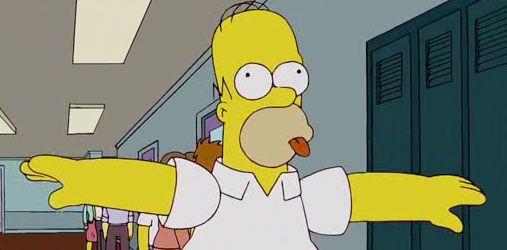 He wants to be independent of society; he wants to be favorably received by society. He wants not to be indebted to anyone; he wants help from others. He wants the officials to leave him behind; he wants the officials to do everything for him. And so on and so forth. Eternal two sides of the same coin.
He wants to be independent of society; he wants to be favorably received by society. He wants not to be indebted to anyone; he wants help from others. He wants the officials to leave him behind; he wants the officials to do everything for him. And so on and so forth. Eternal two sides of the same coin.
Two brothers, Homer and Langley, were born into a wealthy family. In this they were lucky. But Homer was blind, Langley was poisoned during a gas attack, so it’s impossible to say that they were completely lucky. However, with money and servants, they could do a pretty good job of surviving in this difficult world. If you wanted to. The annotation to the book is written so cunningly that you expect something rebellious, ideological, consistent from the work. Two brothers against the system. But in reality, everything is much more prosaic. When a person has money and no obligations, he can do what he wants. There is even a theory that if a person is provided with basic needs and partially freed from work, then he will begin to spend this free time on creativity. And the example of the brothers from this book seems to even confirm this. But who benefited from their creation? And was it a creation? If everyone starts painting pictures and composing music, will there be enough people who want to listen to it? Who will inspire you to continue? And will this music be of such a level that it is worth continuing to compose it? You can do something all your life, but never really do anything for humanity, even for a tiny part of it.
And the example of the brothers from this book seems to even confirm this. But who benefited from their creation? And was it a creation? If everyone starts painting pictures and composing music, will there be enough people who want to listen to it? Who will inspire you to continue? And will this music be of such a level that it is worth continuing to compose it? You can do something all your life, but never really do anything for humanity, even for a tiny part of it.
However, all this is not so important, since only Langley had a long-term hobby. He is a true collector. Collectors are often called this word, but no, they are not the same thing. The collector not only collects something, he studies it, catalogs it, searches for common things, highlights the main thing, finds patterns. Langley's dream, for which he is starting all this, seems to me, like his brother Homer, unrealizable because of the infinity of the task and because of the meaninglessness of the very essence of the material. He wants to create the perfect newspaper that will always have up-to-date content, since nothing is really new under the sun. Real newspapers do not appeal to reason, but to feelings, to emotions, to the bestial part of a person. Logic is not needed there, irritability is more important there. The more powerful the stimulus, the more shocked the person. The sooner he will run to discuss this event with someone. The more newspaper circulation. Therefore, the very idea of Langley to create a newspaper for all time is not tenable. The fact is that a person gets used to everything, even deafening news. If earlier he was shocked by the wound of the old woman in the bakery, now give the torn corpses of girls. He won’t even lead an ear to an old woman. The callousness of the reader? No, it's the protection of the body. Those same "wolves, wolves" begin to play their role. Gradually, people realize that apart from loud headlines for old ladies in bakeries, nothing is done by screamers. They just need to sell hot news.
He wants to create the perfect newspaper that will always have up-to-date content, since nothing is really new under the sun. Real newspapers do not appeal to reason, but to feelings, to emotions, to the bestial part of a person. Logic is not needed there, irritability is more important there. The more powerful the stimulus, the more shocked the person. The sooner he will run to discuss this event with someone. The more newspaper circulation. Therefore, the very idea of Langley to create a newspaper for all time is not tenable. The fact is that a person gets used to everything, even deafening news. If earlier he was shocked by the wound of the old woman in the bakery, now give the torn corpses of girls. He won’t even lead an ear to an old woman. The callousness of the reader? No, it's the protection of the body. Those same "wolves, wolves" begin to play their role. Gradually, people realize that apart from loud headlines for old ladies in bakeries, nothing is done by screamers. They just need to sell hot news.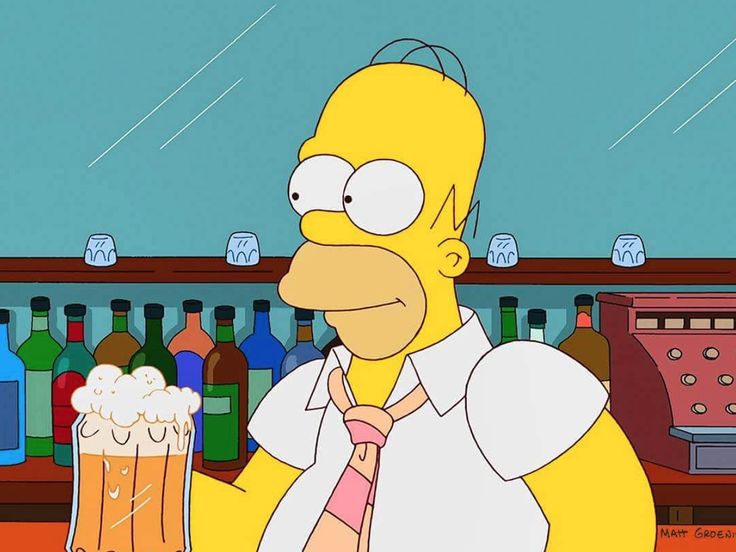 And the reader himself is not able to help every old woman. As a result, ignoring is the only way to keep our minds in the frenzy of the world that propagandists representing the interests of various groups and journalists who earn money in the information field create in our minds. A normal person cannot publicly shout that he is fighting with someone for life and death, but in a private conversation hug and shake hands. A normal person cannot even imagine that someone else would do this. Therefore, when he learns such things about politicians, bosses, movie stars and other people who like to teach him how to live, he tries to distance himself from them, as from lepers. That is why Langley wanted to create a newspaper for all time and end this endlessly recurring informational nightmare.
And the reader himself is not able to help every old woman. As a result, ignoring is the only way to keep our minds in the frenzy of the world that propagandists representing the interests of various groups and journalists who earn money in the information field create in our minds. A normal person cannot publicly shout that he is fighting with someone for life and death, but in a private conversation hug and shake hands. A normal person cannot even imagine that someone else would do this. Therefore, when he learns such things about politicians, bosses, movie stars and other people who like to teach him how to live, he tries to distance himself from them, as from lepers. That is why Langley wanted to create a newspaper for all time and end this endlessly recurring informational nightmare.
I understand him perfectly. Recently, while re-reading Galina Shcherbakova’s You Never Dreamed, I came across the following paragraph: “The novel returned at the wrong time that day. He sneezed at the first lesson, and he was sent home, because there was an epidemic of the latest and most fashionable flu in Leningrad. And in the central grocery store they were already selling in bandages. and thought that there was really nothing new going on in the world. Those who are behind any information hype take advantage of our ignorance of the past. Every person, especially when he is young, thinks that it is his generation, it is he who discovers the world anew and does something new, original. And in fact, everything is repeated. Bring up old cartoons that are 50 years old, 100 years old, they are still relevant today. A little more fashionable to draw, a little update and you can print. Langley understands this, and Homer seems to understand it too. And they hide from it. Therefore, there is no talk of any real struggle with the system. The brothers gradually go into the shell, retreating deeper in an effort to maintain peace, to preserve the opportunity to do what they want. They seem to be stuck in childhood. They sincerely expect that others will forgive them any pranks. But the surrounding adults do not appreciate pranks, they value money.
And in the central grocery store they were already selling in bandages. and thought that there was really nothing new going on in the world. Those who are behind any information hype take advantage of our ignorance of the past. Every person, especially when he is young, thinks that it is his generation, it is he who discovers the world anew and does something new, original. And in fact, everything is repeated. Bring up old cartoons that are 50 years old, 100 years old, they are still relevant today. A little more fashionable to draw, a little update and you can print. Langley understands this, and Homer seems to understand it too. And they hide from it. Therefore, there is no talk of any real struggle with the system. The brothers gradually go into the shell, retreating deeper in an effort to maintain peace, to preserve the opportunity to do what they want. They seem to be stuck in childhood. They sincerely expect that others will forgive them any pranks. But the surrounding adults do not appreciate pranks, they value money.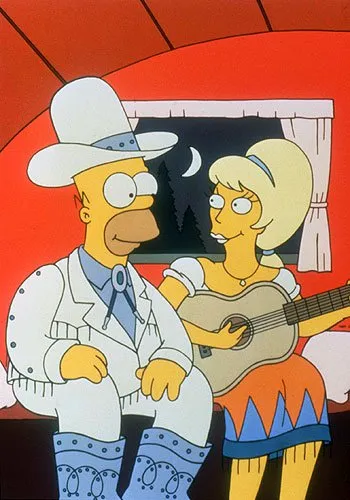 However, in this part, the brothers do not lag behind them. The only thing they are ready to seriously face the system for is to try to save their capital. The rest is of little concern to them. There is no ideology in the brothers' self-isolation, in their breaking all threads from civilization. They don't want any fight, they just don't want to accept the rules of life in society. But they don't want to change either. They have no idea that if they do not pay for water, gas, electricity, a house, then someone may not be paid a salary. This someone is working to have it all with the brethren. They childishly expect that they owe everything simply because they want it. This is not rebellion, this is irresponsibility. Yes, they are ready to help individual people who work for them or from whom they need something, but no more. I don't know, and now I don't want to know, how the real Collier brothers acted. I'm not going to take the side of book heroes. As well as recommend this book for reading.
However, in this part, the brothers do not lag behind them. The only thing they are ready to seriously face the system for is to try to save their capital. The rest is of little concern to them. There is no ideology in the brothers' self-isolation, in their breaking all threads from civilization. They don't want any fight, they just don't want to accept the rules of life in society. But they don't want to change either. They have no idea that if they do not pay for water, gas, electricity, a house, then someone may not be paid a salary. This someone is working to have it all with the brethren. They childishly expect that they owe everything simply because they want it. This is not rebellion, this is irresponsibility. Yes, they are ready to help individual people who work for them or from whom they need something, but no more. I don't know, and now I don't want to know, how the real Collier brothers acted. I'm not going to take the side of book heroes. As well as recommend this book for reading.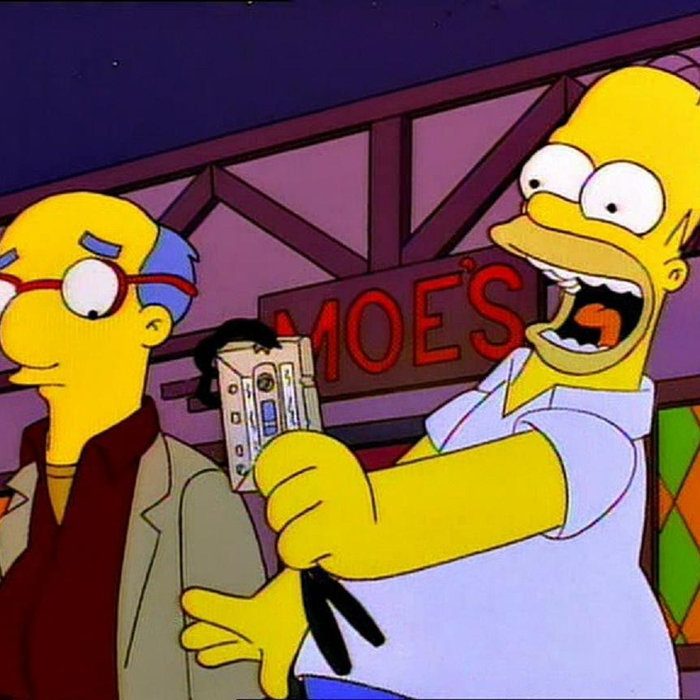
|
DEAR READERS! EL Doctorow's marvelous new novel, Homer and Langley, begins with a man named Homer Collier taking on the story of his life with his brother Langley in a luxurious mansion that has seen better days. Brilliantly conceived, powerfully written, full of inspirational insights and humor, and with content we've come to expect from E. L. Doctorow, Homer and Langley also offers something unique. I will never forget the excitement that gripped me while reading this fascinating manuscript: I had the impression that I was experiencing the life of America, which, rolling through the house of the brothers, unfolded before my eyes like a panorama. Reading touched, excited, filled with gratitude to this extraordinary writer. And now, with the greatest enthusiasm, I present to you readers who wish to keep pace with the development of literature, E. Sincerely yours Kate Medina, Executive Vice President, Chief Editorial Officer, Random House April 16, 2009
~~~
Kate Medine I am Homer, we are two brothers, and I am blind. I did not suddenly lose my sight: it was like a movie, when the image on the screen slowly fades. When they told me what was happening, I terribly wanted to somehow measure it, then I had already passed sixteen, and therefore everything around aroused burning interest. And that’s what I did that very winter: I stood with my back to the pond in Central Park, where people skated in their own way, and looked at what I could still see in my day-to-day life and what was no longer visible. The buildings that hung over Central Park were the first to disappear: they became darker, as if dissolving in the dark sky, until I could no longer distinguish them at all, then the trees began to lose their shape, and then finally (this was already towards the end of winter, maybe at the very end February of that very cold winter) I could only make out the ghostly shadows of skaters floating past me on the ice field, then white ice, this last bright spot, turned gray, and then completely black, then my vision completely disappeared, although I I could clearly hear the echoes of clumsy skates slamming across the ice, a sound that gave me no small pleasure, a soft, though full of aspiration, a tone deeper than one would expect from skate blades, probably because they caused bass overtones in the water under the ice: and-hic-whack, whack-and-hic-whack. Of course, I also felt sad, but only lucky: the attack happened to me when, in my youth, I had no idea that I had turned into a cripple, and therefore, in my mind, I switched to my other abilities, such as exceptional hearing, which I trained to such degree of clarity, that he became almost sighted. Langley said I had ears like a bat, and since he always liked to explore everything, he arranged for this assumption to be tested. Of course, I knew our house, all its four floors, and could move without hesitation in any room - what is above, what is below, knowing what is located where, from memory. I remembered the living room, our father's study, my mother's lounge, the dining room with eighteen chairs and a long walnut table, the butler's pantry, the kitchen, the living room, the bedrooms, I remembered how many carpeted steps lead from floor to floor, I couldn't even get past the railing. |

 L. Doctorow's brilliant novel, HOMER AND LANGLEY.
L. Doctorow's brilliant novel, HOMER AND LANGLEY.  I heard when someone rushing somewhere abruptly broke into an icy rattle: the skater stopped, sharply turning sideways - and then I also laughed, rejoicing at the ability of the skater to freeze in place at once, having gone through a screech, and then a rattle.
I heard when someone rushing somewhere abruptly broke into an icy rattle: the skater stopped, sharply turning sideways - and then I also laughed, rejoicing at the ability of the skater to freeze in place at once, having gone through a screech, and then a rattle. 